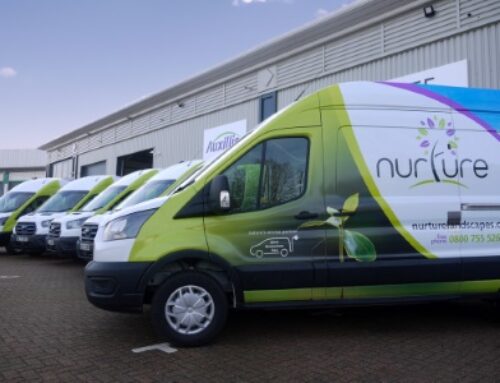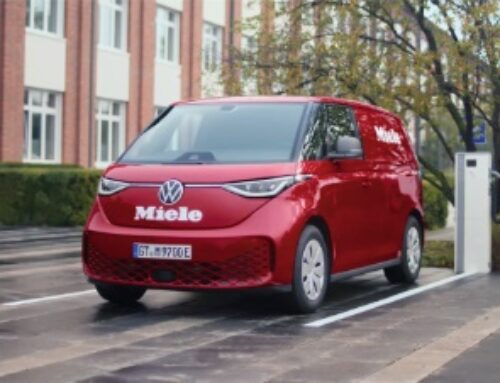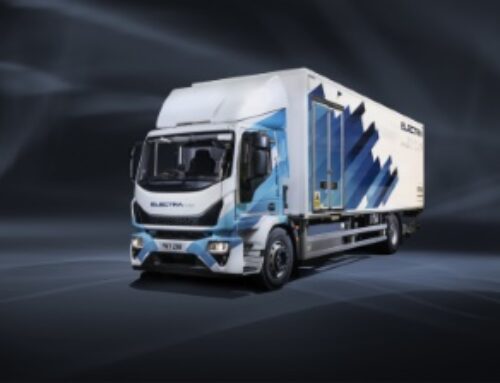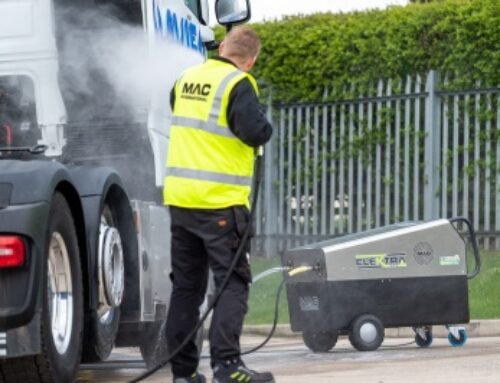Calor Gas fuels vehicle technicians’ development through irtec accreditation
 Liquefied petroleum gas (LPG) supplier Calor Gas has recently accredited all its vehicle technicians through irtec, the independent skills assessment and licensing scheme administered by IRTE (Institute of Road Transport Engineers).
Liquefied petroleum gas (LPG) supplier Calor Gas has recently accredited all its vehicle technicians through irtec, the independent skills assessment and licensing scheme administered by IRTE (Institute of Road Transport Engineers).
Calor, which operates a mixed fleet of over 1,000 commercial vehicles, tankers and trailers, supported by a network of nine workshops, says it views irtec as an industry-recognised way to revalidate its technicians’ skills.
“At Calor we have long known that we have some of the most experienced and competent technicians working for us,” said Iain Carr, national vehicle engineering manager for Calor Gas. “Now, through irtec accreditations, we are able to prove it.”
Calor’s Vehicle Engineering Services department gave its 35 vehicle technicians the opportunity to gain the accreditation through a partnership with The Manchester College. This involved each technician undertaking a theory test, as well as a practical skills assessment.
“Calor considers irtec to be a vital part of our overall training strategy,” Carr added.
“As a renewable licence achieved through individual assessment, irtec measures our technicians’ current competence and training needs, leaving no chance to rest on our laurels. Coupled with manufacturer training, it is an effective mix, providing a multi-layer approach to professional development.”
Ian Chisholm, head of operations at IRTE’s umbrella organisation SOE (Society of Operations Engineers) said: “By accrediting the company’s vehicle technicians through irtec, Calor is demonstrating a commendable commitment to ongoing skill development and investment in learning.”
The irtec scheme has previously won praise from senior traffic commissioner Beverley Bell, who said it: “will not only enhance the reputation of the commercial vehicle industry and give aspiring technicians a recognised career path, but will also actively improve standards of vehicle maintenance and consequently road safety.”











